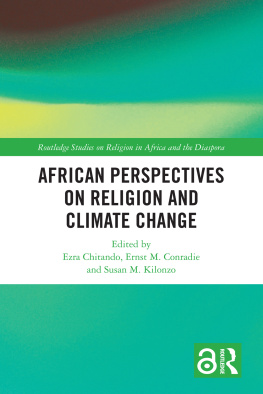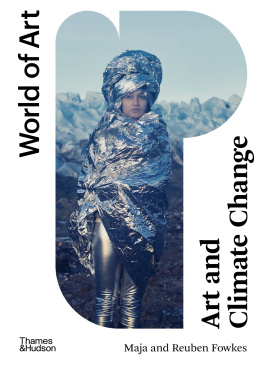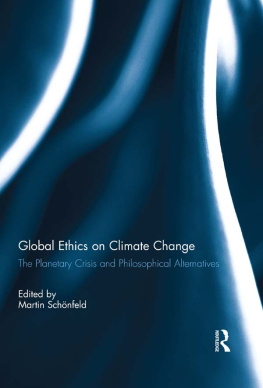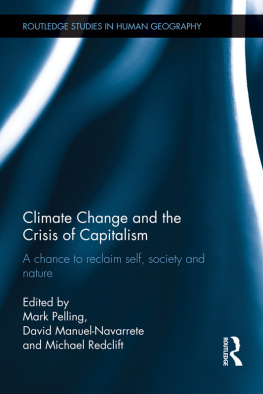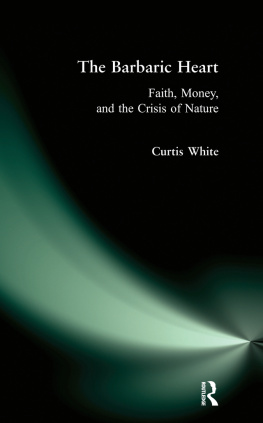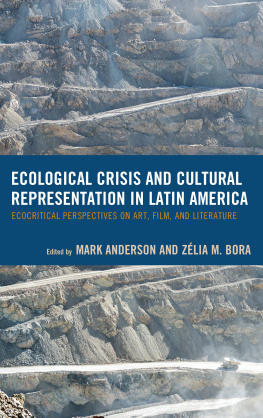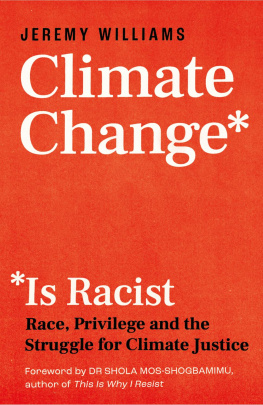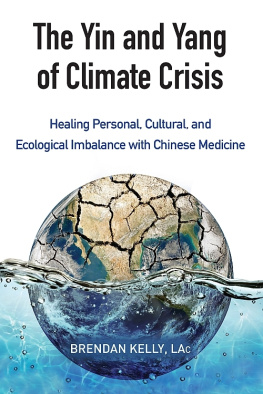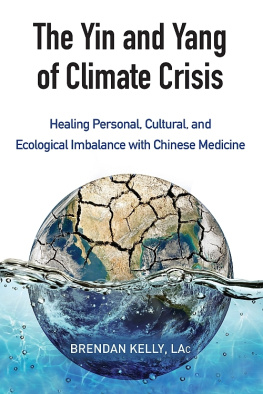Lewis Williams - Indigenous Intergenerational Resilience: Confronting Cultural and Ecological Crisis
Here you can read online Lewis Williams - Indigenous Intergenerational Resilience: Confronting Cultural and Ecological Crisis full text of the book (entire story) in english for free. Download pdf and epub, get meaning, cover and reviews about this ebook. year: 2021, publisher: Routledge, genre: Politics. Description of the work, (preface) as well as reviews are available. Best literature library LitArk.com created for fans of good reading and offers a wide selection of genres:
Romance novel
Science fiction
Adventure
Detective
Science
History
Home and family
Prose
Art
Politics
Computer
Non-fiction
Religion
Business
Children
Humor
Choose a favorite category and find really read worthwhile books. Enjoy immersion in the world of imagination, feel the emotions of the characters or learn something new for yourself, make an fascinating discovery.

- Book:Indigenous Intergenerational Resilience: Confronting Cultural and Ecological Crisis
- Author:
- Publisher:Routledge
- Genre:
- Year:2021
- Rating:4 / 5
- Favourites:Add to favourites
- Your mark:
Indigenous Intergenerational Resilience: Confronting Cultural and Ecological Crisis: summary, description and annotation
We offer to read an annotation, description, summary or preface (depends on what the author of the book "Indigenous Intergenerational Resilience: Confronting Cultural and Ecological Crisis" wrote himself). If you haven't found the necessary information about the book — write in the comments, we will try to find it.
This book argues that there is a need to develop greater indigenous-led intergenerational resilience in order to meet the challenges posed by contemporary crises of climate change, cultural clashes, and adversity.
In todays media, the climate crisis is kept largely separate and distinct from the violent cultural clashes unfolding on the grounds of religion and migration, but each is similarly symptomatic of the erasure of the human connection to place and the accompanying tensions between generations and cultures. This book argues that both forms of crisis are intimately related, under-scored and driven by the structures of white supremacism which at their most immediate and visible, manifest as the discipline of black bodies, and at more fundamental and far-reaching proportions, are about the power, privilege and patterns of thinking associated with but no longer exclusive to white people. In the face of such crisis, it is essential to bring the experience and wisdom of Elders and traditional knowledge keepers together with the contemporary realities and vision of youth.
This books inclusive and critical perspective on Indigenous-led intergenerational resilience will be valuable to Indigenous and non-Indigenous interdisciplinary scholars working on human-ecological resilience.
Lewis Williams: author's other books
Who wrote Indigenous Intergenerational Resilience: Confronting Cultural and Ecological Crisis? Find out the surname, the name of the author of the book and a list of all author's works by series.

